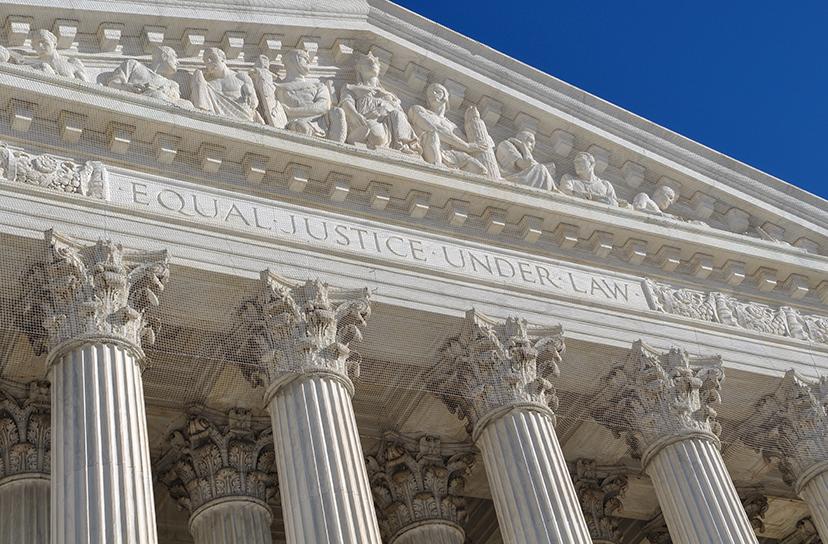
The latest attack on the right to abortion: Restricted reasons
Jonathan F. Will, a professor of law at Mississippi College School of Law, identifies a new trend in abortion restrictions. Distinct from previous abortion regulations which rely on the state’s interest in protecting women’s health and the life of the fetus that may become a child at viability (so long as exemptions exist for the life and health of the woman), new restrictions, such as Indiana’s House Bill 1337 (HB1337), targets a woman’s reasons for terminating a pregnancy. HB1337, signed into law in 2016, included a provision that prohibited abortion motivated solely by fetal sex, race, or genetic abnormality, at any time. While this provision was struck down by a federal trial court and affirmed by the Seventh Circuit because it contained a categorical ban on pre-viability abortions, Will argues that the law and others like it are significant because they have nothing to do with women’s health and assert a state interest in fetal life in the pre-viability stage of pregnancy. Supporters of HB1337 argue that states have an interest in eliminating social constructs that seem to exacerbate discrimination, including “eugenic ideology” allegedly implicated in abortion motivated by sex, race, or disability.
Laws like HB1337 seek to reframe a woman’s constitutional right to choose to terminate her pregnancy in terms of whether or not a woman has the right to abort a fetus with particular traits, after she has freely chosen to become pregnant. As diagnostic capabilities improve, prenatal testing that can reveal fetal traits is likely to become more common and occur earlier in pregnancy, setting the stage for termination decisions that are motivated by the above reasons. Yet the outcomes of a law prohibiting abortion based solely on reasons are unclear. These may range from significant impacts on practitioners, such as civil liability for wrongful death if the decision to abort is found to be based on sex or disability, to no impact at all, particularly because laws like HB1337 do not require physicians to inquire into a woman’s motivations. It is also unclear whether laws based on “antieugenic” arguments that restrict reasons could be used to curtail practices like genetic screening and selection of embryos for in vitro fertilization.
The Supreme Court has declined to address the constitutionality of laws that restrict reasons so far. However, if the March 2020 law similarly aimed at restricting reasons for terminating a pregnancy in Mississippi is challenged and upheld by the Fifth Circuit, the circuit split that would result could create the conditions for a major Supreme Court decision on this issue.
JOURNAL ARTICLE
Restricting Reasons: A New Battleground in Abortion Regulation
Will, J. F. (2020). Restricting Reasons: A New Battleground in Abortion Regulation. The Hastings Center Report, 50(5), 7–8. https://doi.org/10.1002/hast.1178


